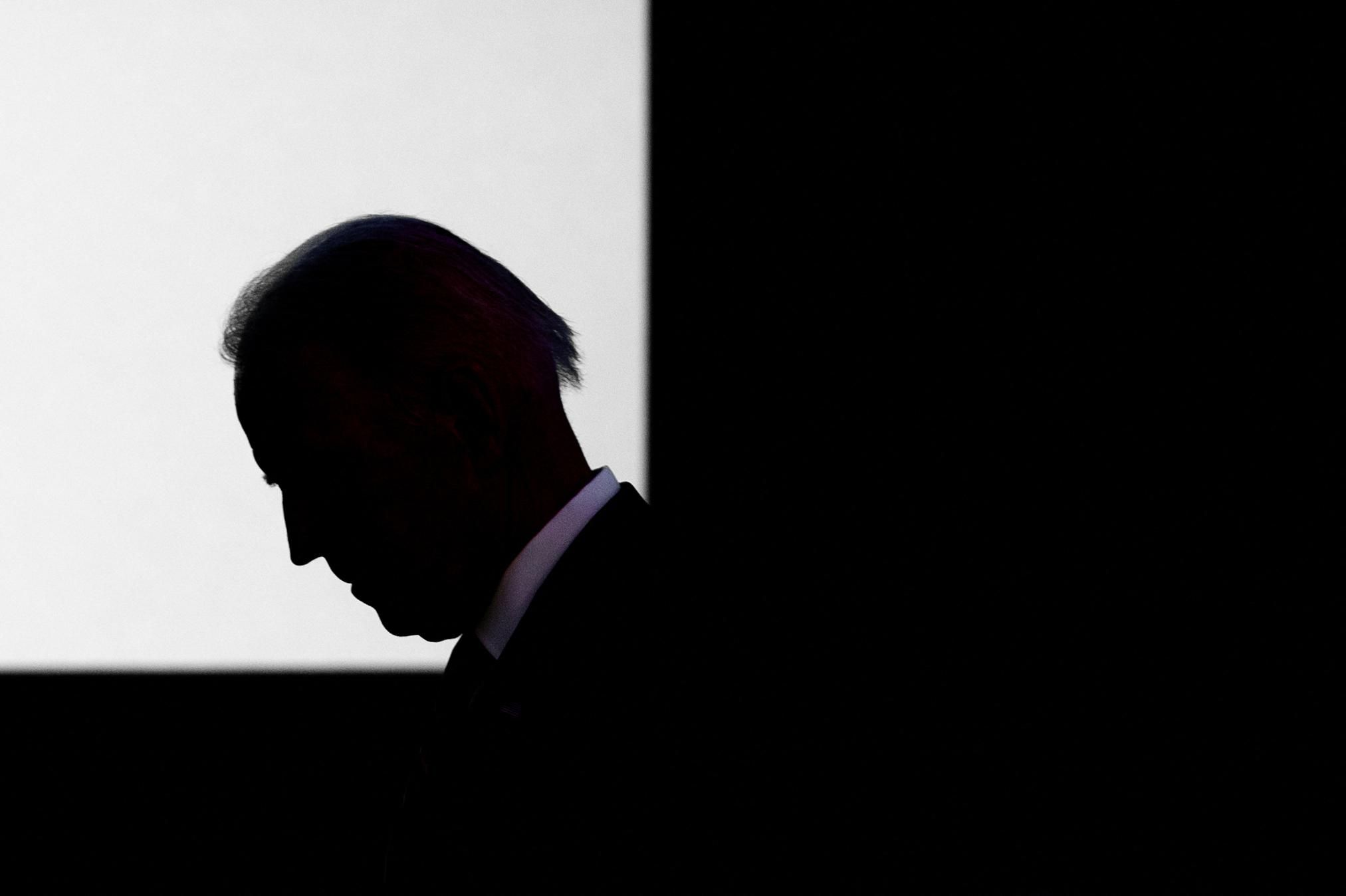Democrats were dreading this week's off-year US elections even before the votes were counted. History shows that US voters tend to punish the party of first-year presidents (see the Graphic Truth here.) Results from this week's governors' races in the states of Virginia and New Jersey have made matters worse, as the two parties look ahead to national elections next November.
Start with the history: it doesn't look good for the Democrats. Since 1934, the party that controls the White House has on average lost more seats in midterm elections than Democrats, already clinging to razor-thin majorities, can spare next November. In general, voters of the party that lost the most recent election always feel a stronger urge to set things right.
But there are three reasons why Biden and the current class of Democrats may be in even bigger trouble than past incumbents.
First, voters doubt Biden's competence. After less than a year in office, his approval numbers have fallen from the mid-50s to the low 40s. Maybe that's because the pandemic hasn't ended as quickly as hoped. (Dems blame unvaccinated Republicans for this failure, but Biden is still the man in charge.) Or maybe the president's sagging numbers still reflect public anger at a chaotic withdrawal from Afghanistan that got American soldiers killed and left too many allies abandoned. (That's a sentiment shared even by many who supported his decision to end the war.)
Fairly or unfairly, American voters just aren't convinced that Biden knows what he's doing. Only 41 percent see him as "competent" according to a recent poll.
Second, voters see Democrats fighting each other rather than governing. Democrats say that government can and must act to strengthen the nation and boost opportunity for all Americans. Republicans argue that the federal government creates obstacles to both national progress and individual liberty. That's the defining difference between the two parties.
Now that they are in power, Dems have promised a major investment in America's physical infrastructure and another huge spend to strengthen the social contract. But for now, progressives and moderates within the party are fighting one another over whether and how to pass these landmark pieces of legislation — and they have nothing to show for their promises.
Until they prove they can compromise — and govern — they can't prove that the US government can make a positive difference for the country and its people. For now, Republicans are reminding voters that Washington is dysfunctional, and Democrats are proving them right.
Third, Republican voters are ready to vote. They demonstrated this week that they don't need Donald Trump on the ballot to motivate them, and independents aren't bothered by Democratic warnings that (the still-unpopular) Trump stands behind Republican candidates. A year ago, Joe Biden won Virginia by 10 points, but the Democratic candidate for governor lost on Tuesday by two points. A Dem governor won re-election by less than 2 points this week in New Jersey, a state Biden carried by 16 points.
Maybe this is because Republican voters are motivated less by Trump than by the simple drive to beat Democrats, and independents don't feel that the Dems have shown much reason for confidence in their leadership.
This is the backdrop for 2022; the 2024 presidential race is too far in the future. This week's results were bad for Biden, but to put things in perspective: it's the 11th time in the past 12 Virginia gubernatorial elections that the president's party has lost. New Jersey has followed a similar pattern.
And Democrats can still pass those two big investment bills in coming weeks, which could change both political perceptions and economic reality over time.
Republicans, meanwhile, have proven they can win without Trump on the ballot. That's good news for them in 2022. But they haven't proven they can win with Trump as the face of the party since his 2016 victory. In fact, though most Republicans still back him, 59 percent of US voters say Trump should not run for president in 2024.
Finally, while history doesn't favor incumbents in midterms, it does favor their odds of re-election two years after that. In the last 89 years, only three presidents have failed to win re-election: Trump (2020), George H.W. Bush (1992), and Jimmy Carter (1980).
The exit poll: Dems are certainly in trouble in 2022, but whether that matters for the 2024 presidential vote isn't yet clear — especially since we don't know whether Biden or Trump will be candidates.
